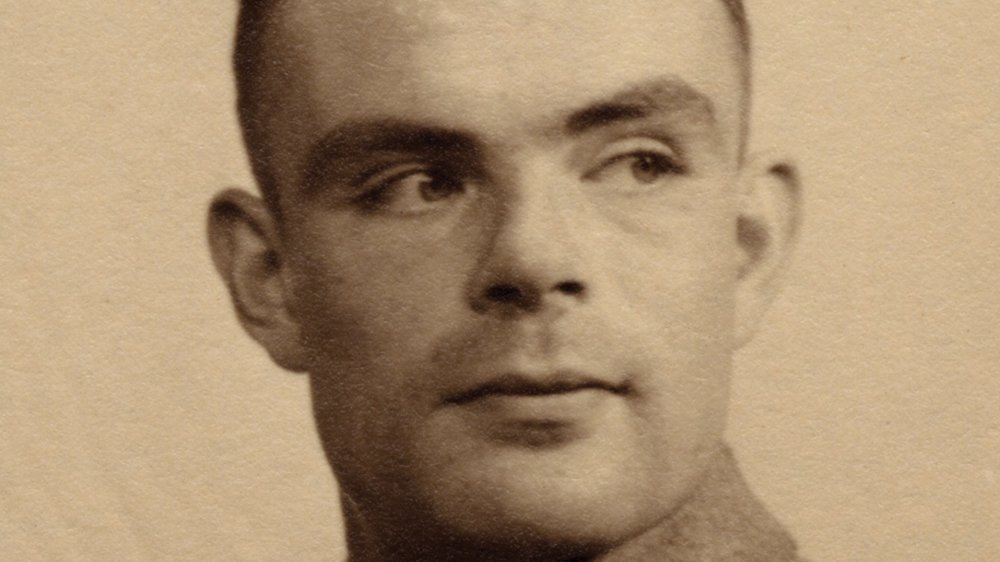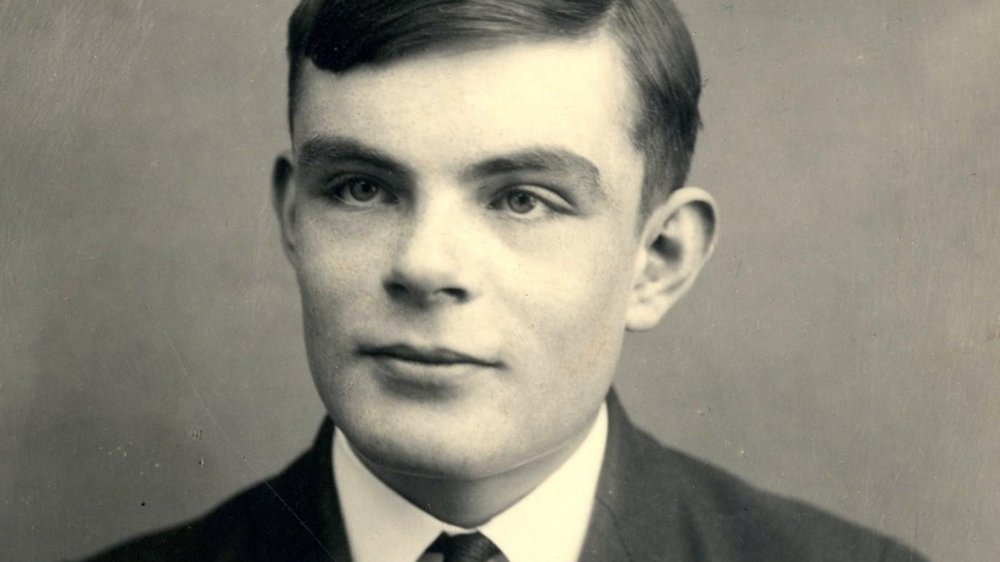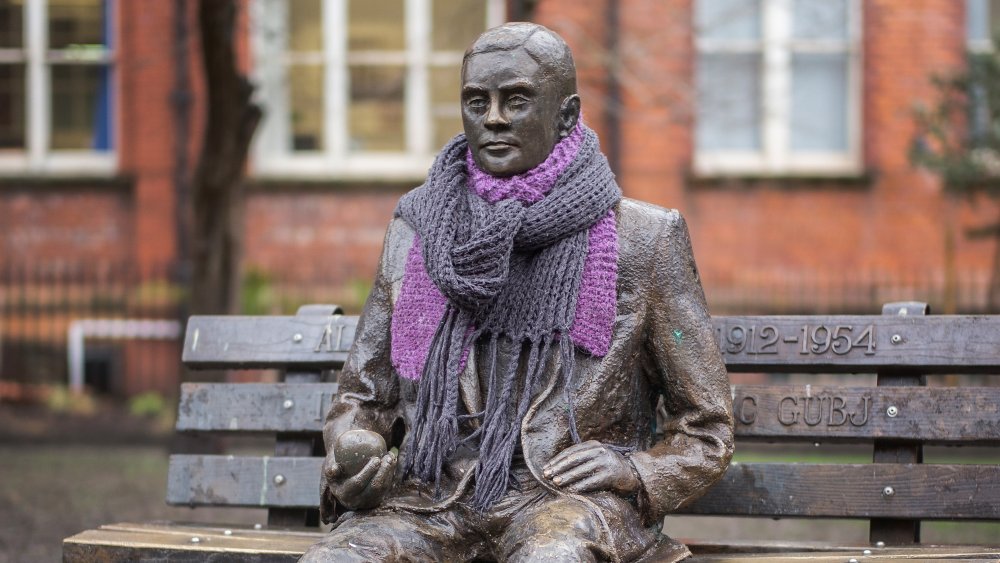The Tragic Conviction Of Alan Turing
Forget various religious rules and regulations for the moment. Put aside other organizations and whatever governing principles they might implement. Just look at the law.
In 1533, King Henry VIII ruled England. At that point he'd been on the throne for better than 20 years and was going to stay there until his death on January 28, 1547. It was an important year in English history: Henry's marriage to Catherine of Aragon was annulled that year, and it was the year he married Anne Boleyn. And as the British Library tells us, 1533 was also the year that Parliament passed The Buggery Act, making male homosexual relations a crime punishable by death.
More than 300 years later — 1861 — lawmakers softened the penalty to a minimum of 10 years in prison. The screws were tightened in 1885 with the Criminal Law Amendment Act, which made any male homosexual activity, private or otherwise, witnessed or not, a criminal offense. Even a private love letter between two men was sufficient for prosecution; the law was abominably vague, and would later be used against Oscar Wilde. Only males fell under the law. A 1921 legal debate kept women exempt because it was thought that a law targeting lesbians "would draw attention and encourage women to explore homosexuality."
Turing's work was crucial for the Allied victory over the Nazis in World War II
Prosecutions of homosexuals increased in England after World War II, and one of the individuals so ensnared was a mathematician. He's widely celebrated today as a mathematical genius who broke German military codes and in a very real sense contributed enormously to the Allied victory over the Nazis, saving countless lives in the process. But at the time, Alan Turing was just another slightly eccentric academic who wore a gas mask when he rode his bicycle because of his allergies, and if he didn't ride his bicycle would run almost everywhere else, at least in part to relieve job stress. (Mental Floss tells that he would chain his tea mug to the radiator at work, to keep other people from using it.)
In addition to his genius, Turing was gay. As Biography reports, in 1952, Turing called the police regarding a break-in. During the course of the investigation Turing admitted that he'd had a sexual relationship with the perpetrator, a 19-year-old man named Arnold Murray.
A statue in Manchester commemorates Turing, who holds an apple
Turing was arrested and convicted of gross indecency. He was given a choice: prison, or a series of injections of synthetic estrogen — chemical castration, which eventually rendered him impotent. Because of his conviction his security clearance was removed and he was barred from continuing his cryptography work.
In June 1954, Turing was found dead in his home near Manchester, according to The New York Times. The death was ruled a suicide; the cause was cyanide poisoning, probably by dosing the apple found half-eaten near the body. It wasn't until 1967 that England decriminalized homosexual activity. In 2009 the government officially apologized for its treatment of Turing. Said Prime Minister Gordon Brown, "Alan and the many thousands of other gay men who were convicted, as he was, under homophobic laws were treated terribly." As computer scientist John Graham said, Turing "was a national treasure, and we hounded him to his death."
In 2013 Queen Elizabeth II issued Turing a royal pardon — quite posthumously. The statue of Turing in Manchester's Gay Village depicts him seated, holding an apple.


